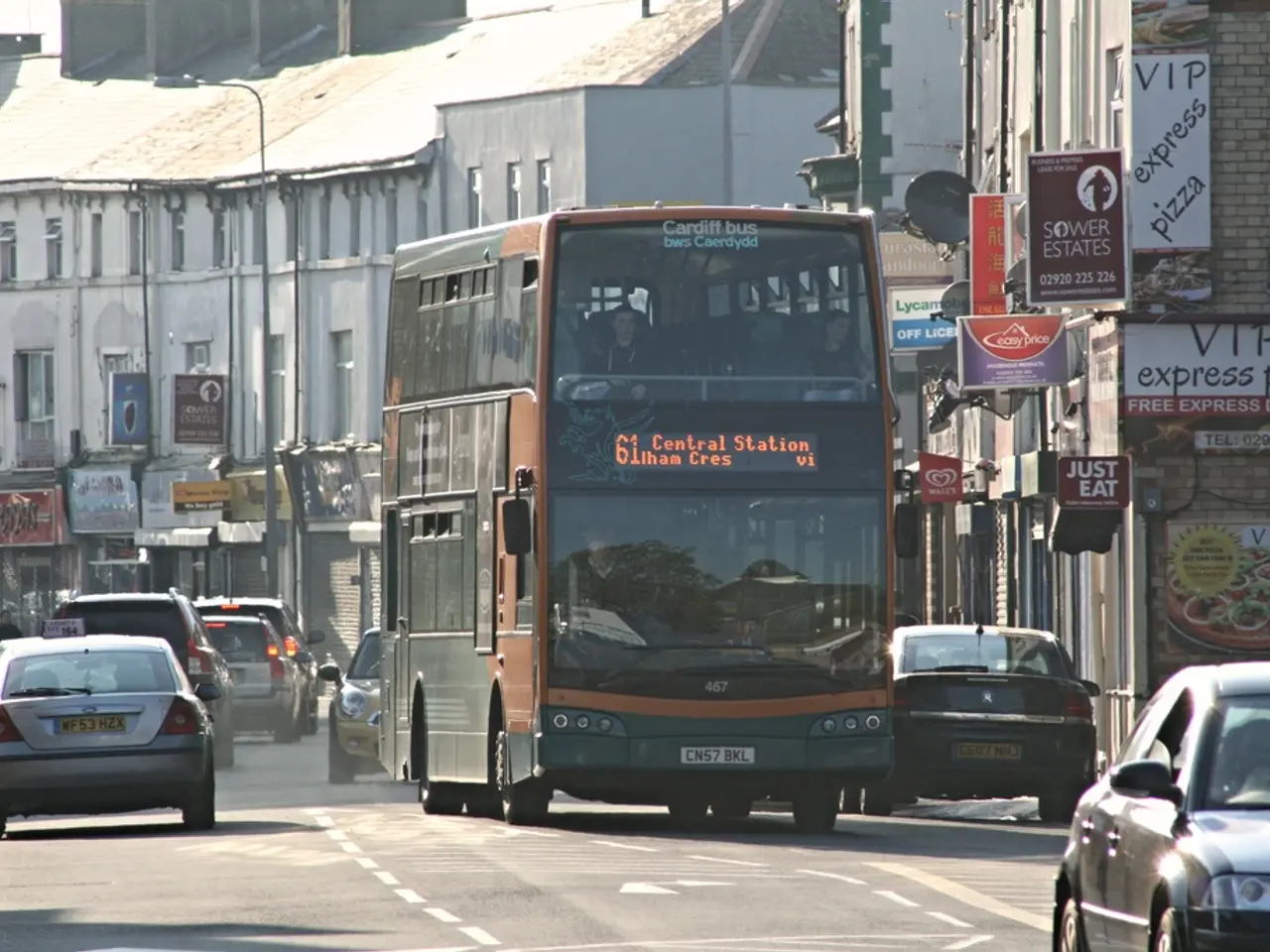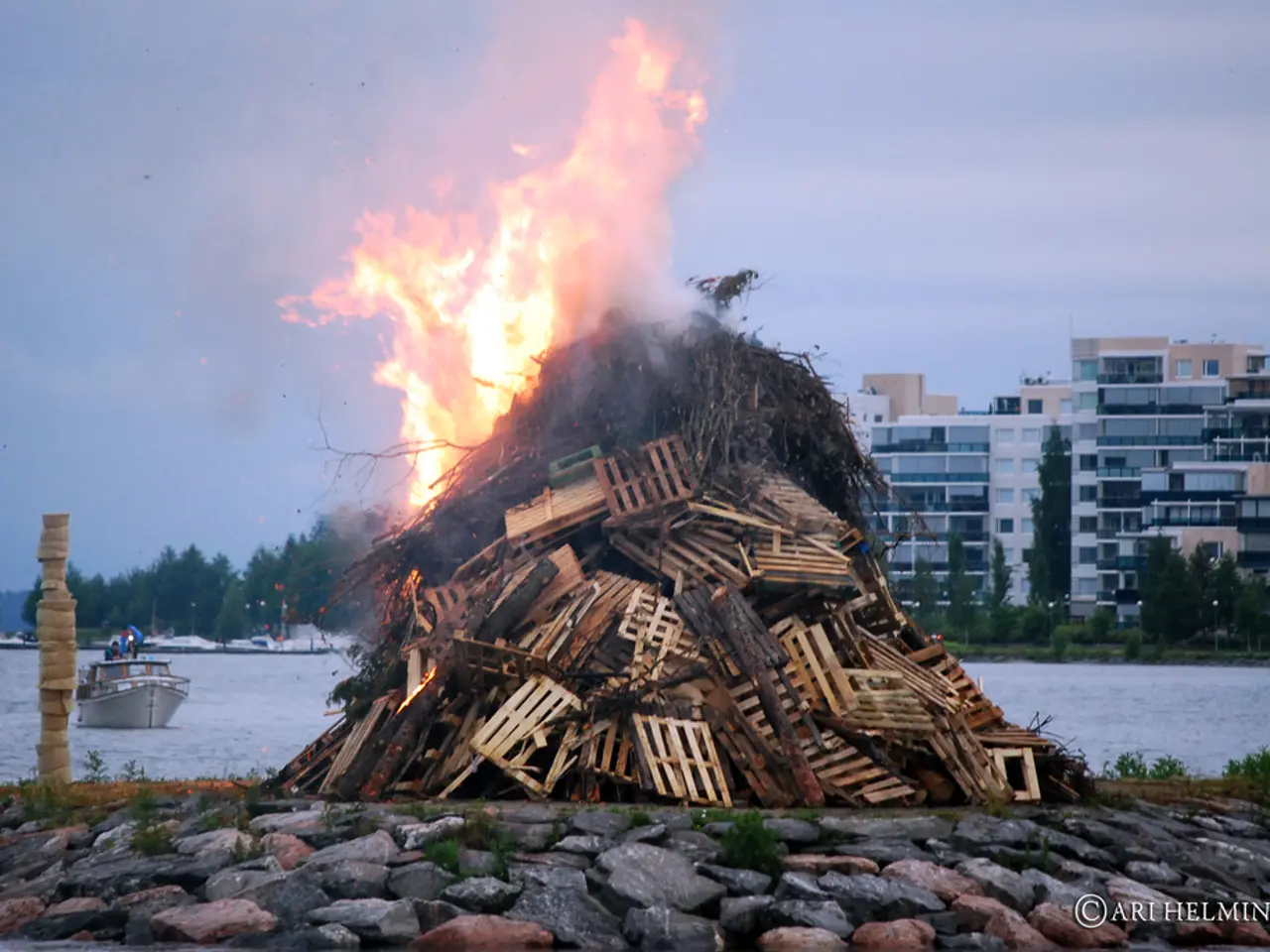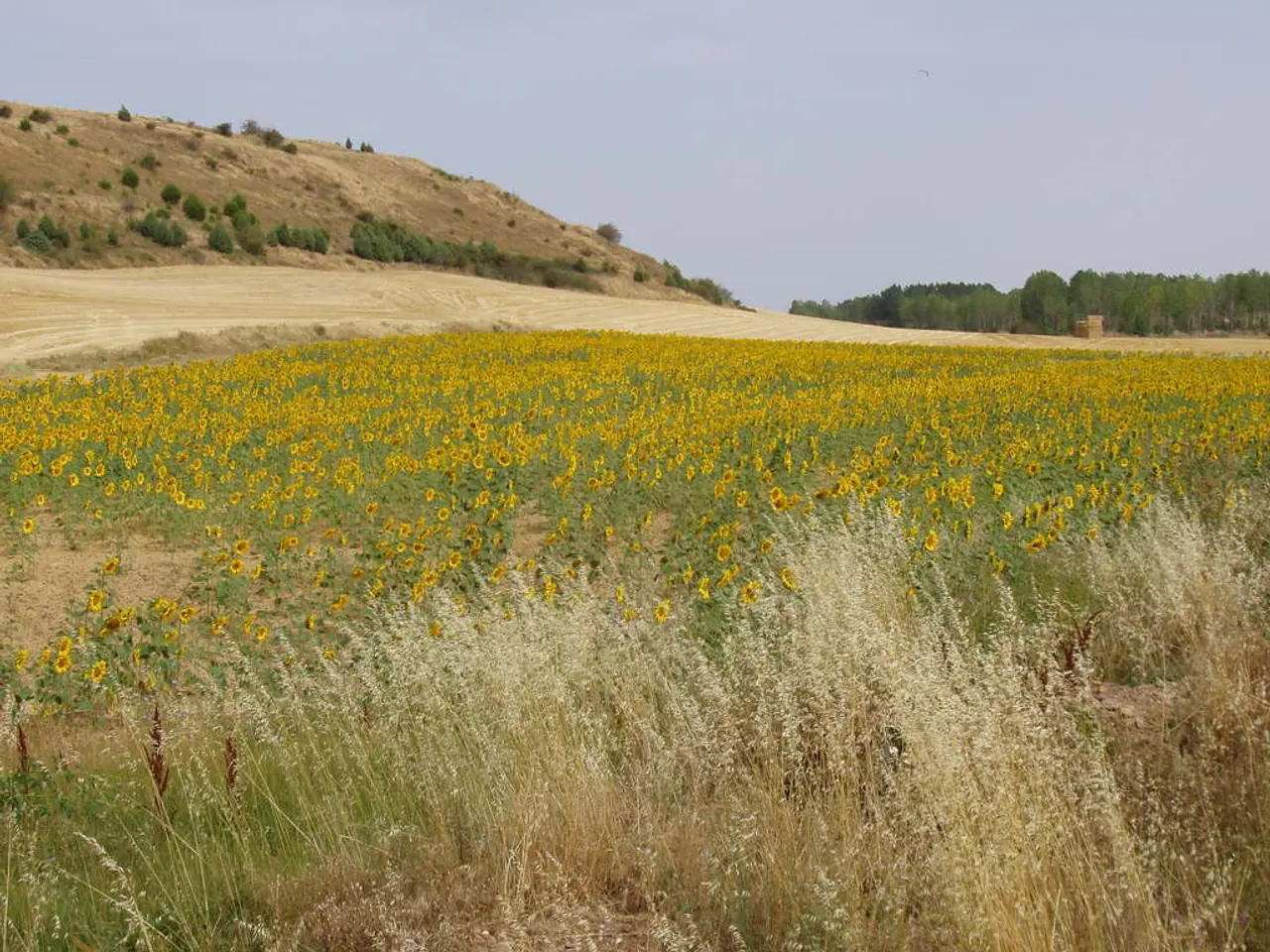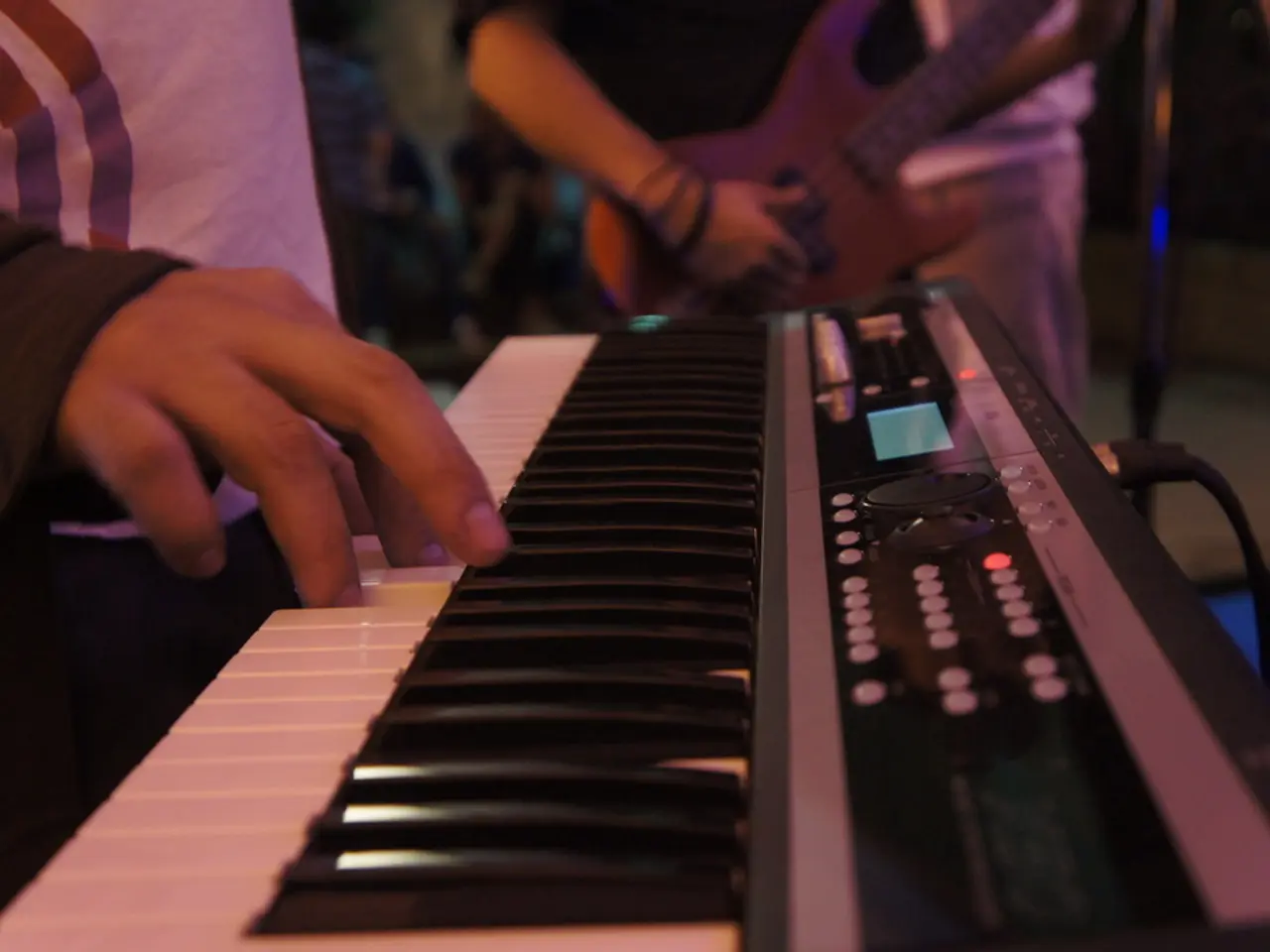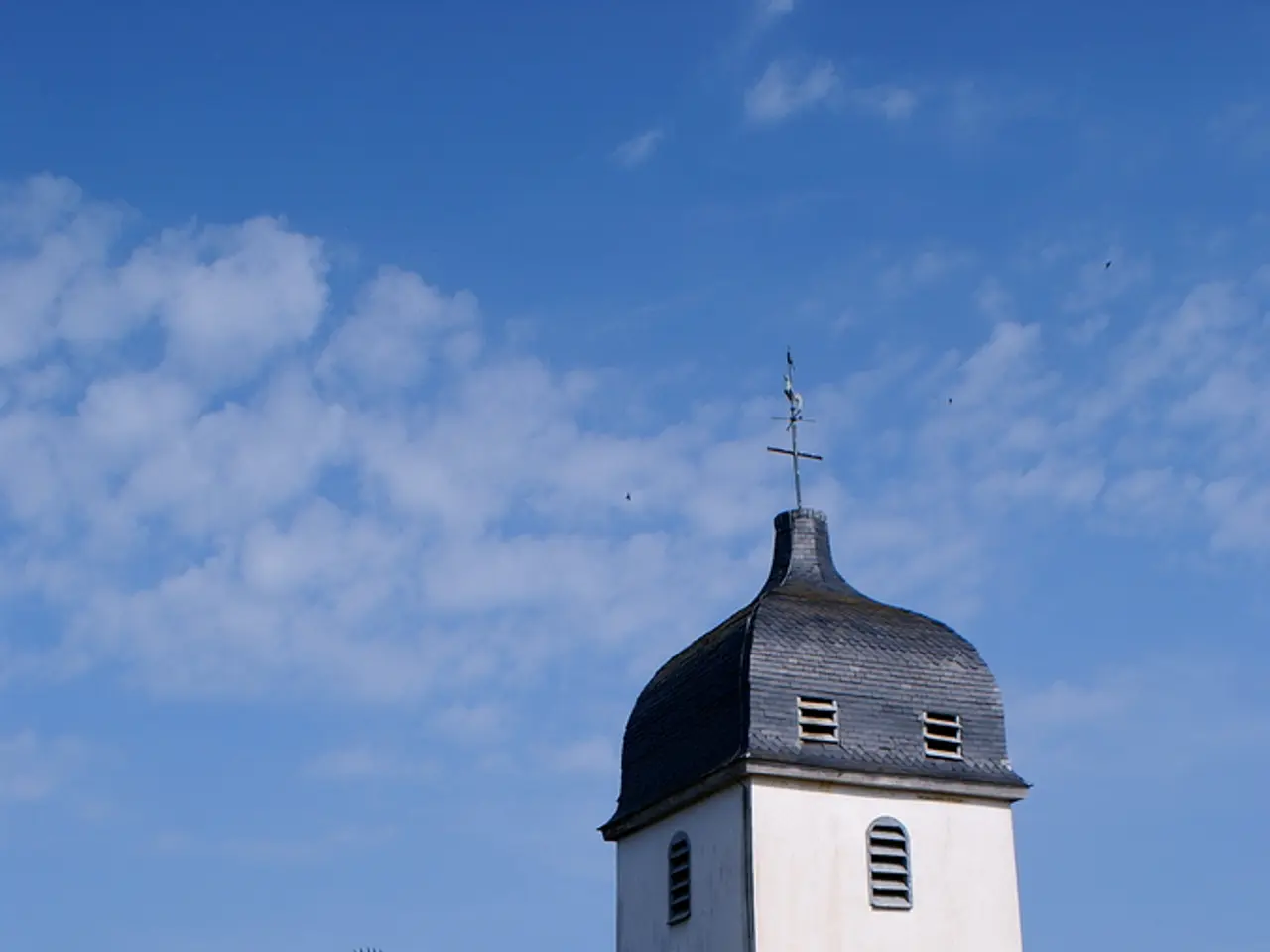Berlin pubs defy lockdown orders: Anticipation of further legal action following the triumph of "Black Sour"
In a significant development for Berlin's nightlife scene, the Schwarz Sauer eatery has scored a victory in its challenge against the curfew regulation. The Berlin Administrative Court has suspended the curfew for outdoor dining, allowing patrons to dine, drink, and socialize outdoors after 10 PM at the Café Schwarzauer in Prenzlauer Berg.
The Kastanienallee in Berlin's district of Prenzlauer Berg has been a source of noise complaints for years. A curfew for outdoor dining was implemented in the popular neighborhood in November 2024, causing concern among businesses and residents alike.
The interim ruling indicates that the court assumes the current curfew regulation is likely illegal. Lawyer Tjade Elix, who represents the café's operators, expects more cases from businesses struggling with curfews. Claudius Schmidt, owner of Bar 100 Gramm in Weinbergsweg, is considering joining the legal challenge against the curfew shift.
The decision indicates that blanket restrictions on outdoor opening hours may not be enforceable. Lawyer Elix states that the factor of the neighborhood must now be taken into account when considering curfews. If the noise becomes too loud, it will be handled by the local authorities.
The interim decision has been celebrated by lawyer Elix as "a sign for culture." The Schwarz Sauer's success could set a precedent for other businesses facing similar challenges. However, it's important to note that the expected ruling would have to be checked in each individual case, taking into account the neighborhood and whether the ban on sitting outside after 10 PM would change the noise level.
The Schmidt family, who own Schmidt's bar, have fostered a good relationship with the neighborhood through discreet music, limited volume, trained door staff, and close communication with residents. Their bar is located in a "decades-old nightlife district" with a variety of gastronomic offerings.
While there are no specific reports of similar rulings spreading to other German cities, the legal precedent set by the Schwarz Sauer case could influence municipal regulations related to nightlife noise curfews. This kind of legal precedent could provide grounds for businesses to challenge restrictive local noise curfews, potentially impacting outdoor dining and nightlife businesses that rely on extended hours.
For precise and up-to-date developments, monitoring local German news sources or legal publications focused on urban nightlife regulations would be advisable. As the situation unfolds, it remains to be seen whether this interim victory will pave the way for a broader shift in nightlife regulations across Germany.
Economic and social policy discussions might occur as a result of this interim victory, considering its impact on nightlife businesses. Weather conditions could potentially play a role in these discussions, as outdoor dining and nightlife activities may be impacted by inclement weather.
